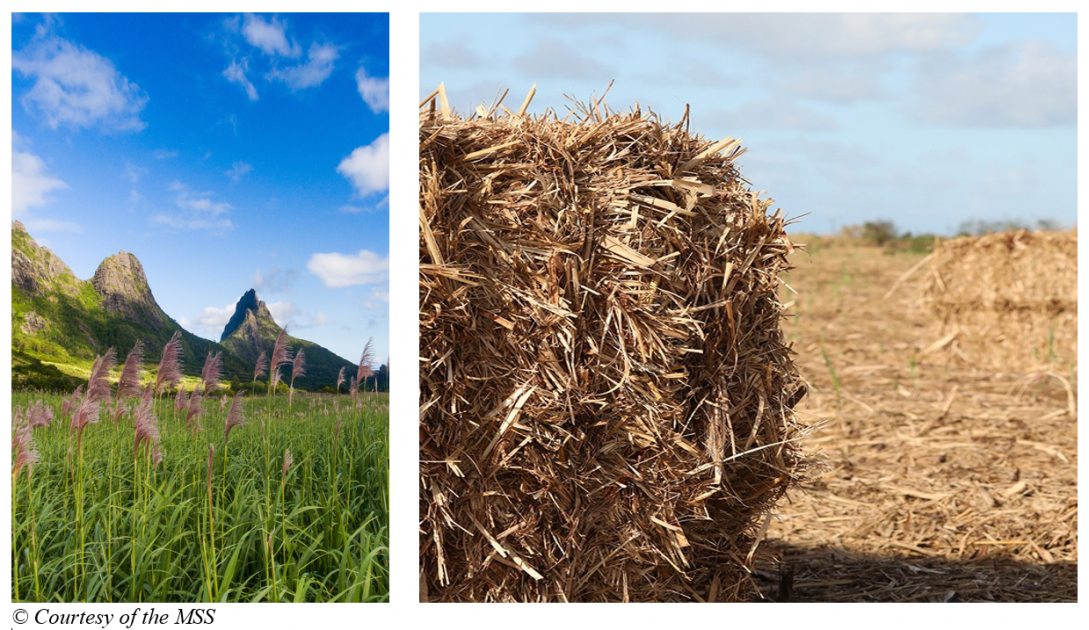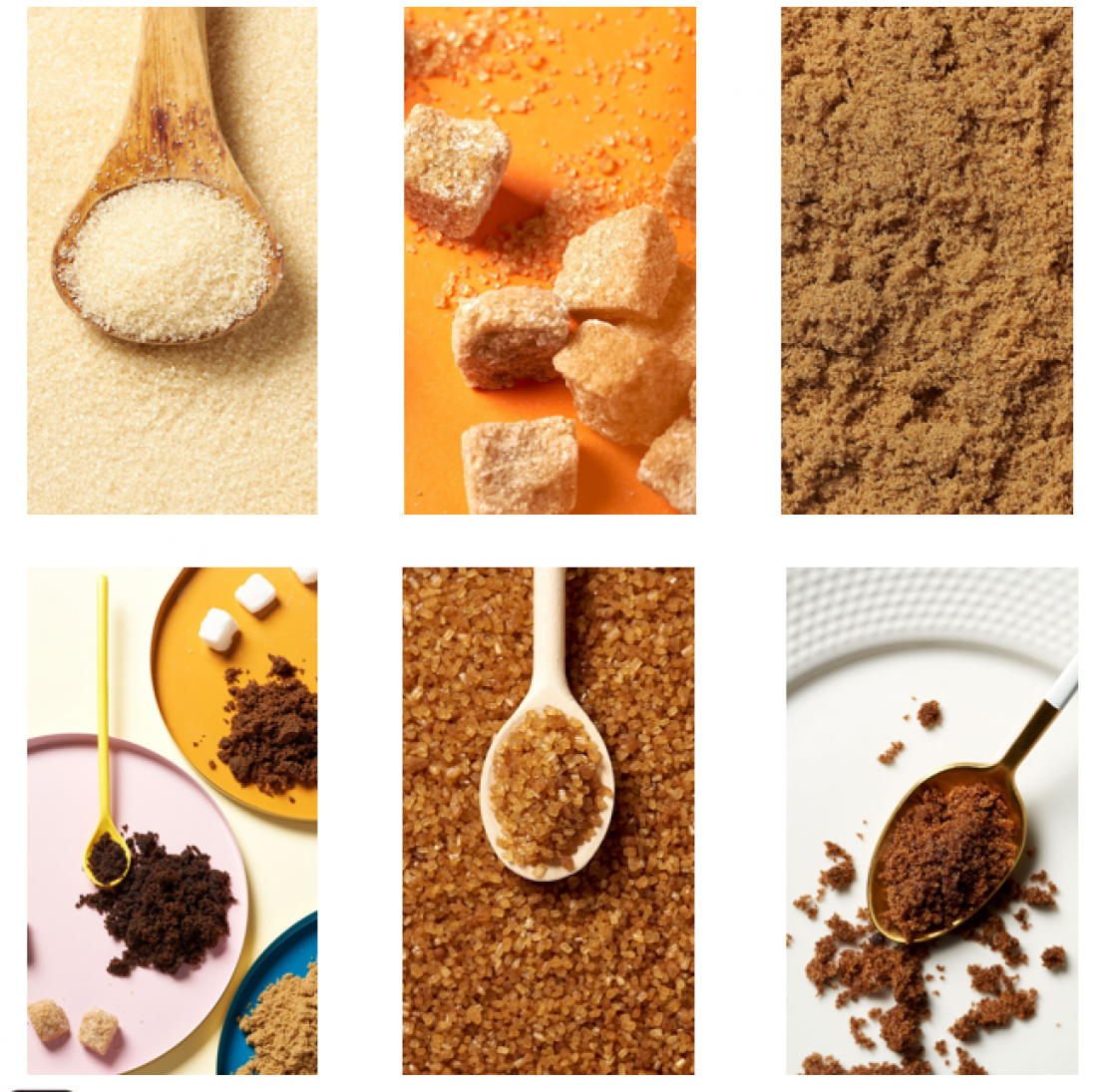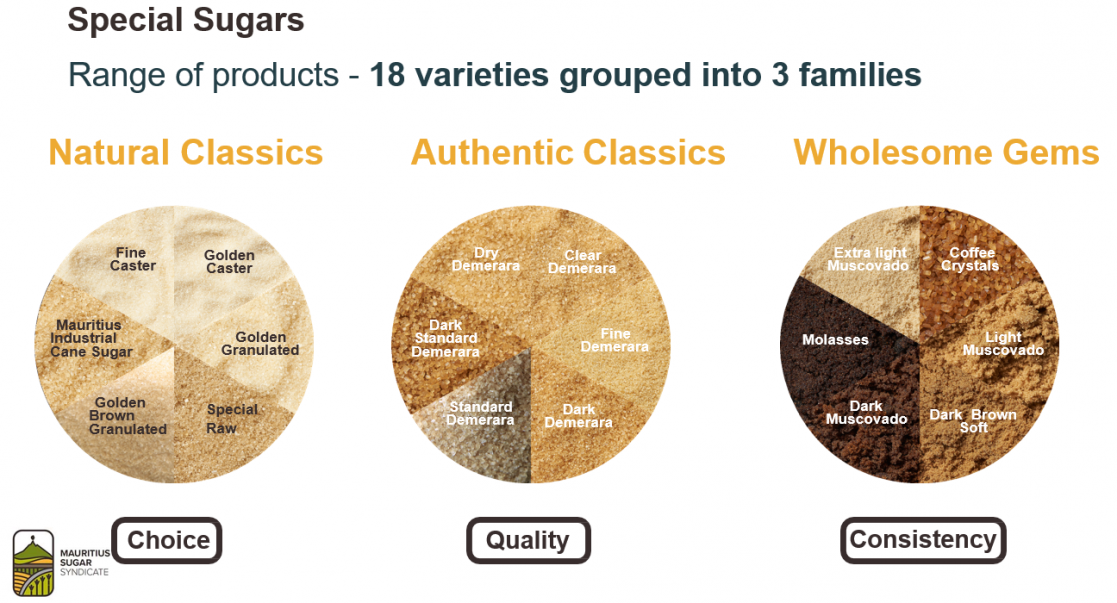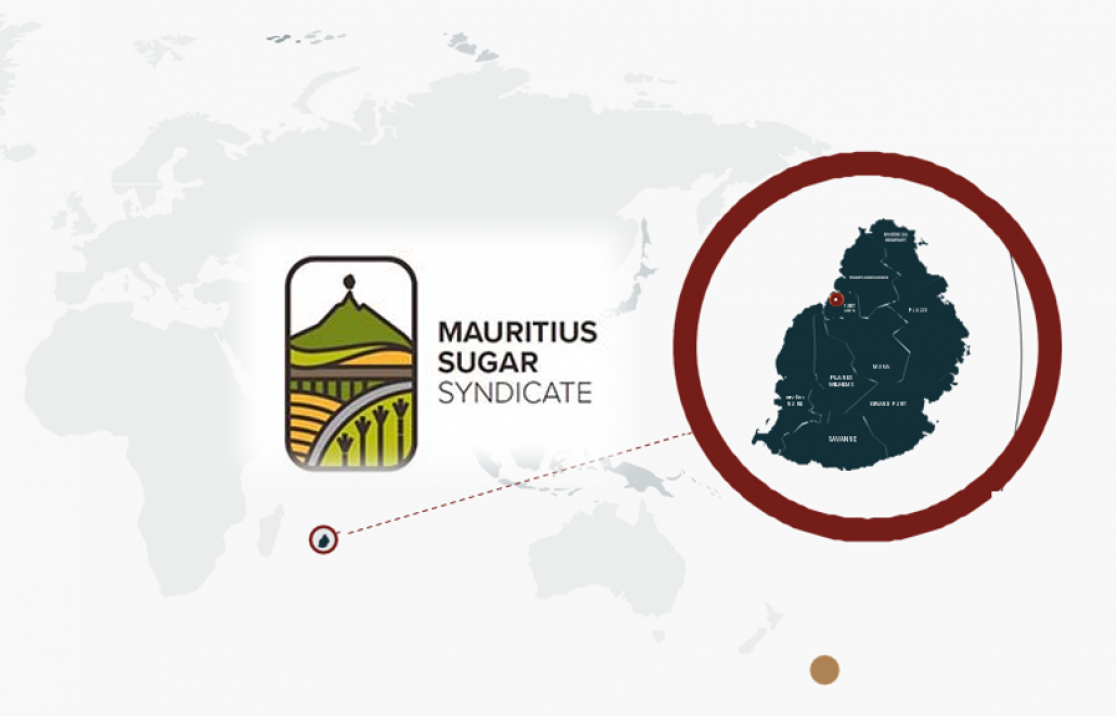Trade Success No.10 - Mauritius: The EPA providing sugar exports continued duty and quota free access to traditional export destinations

The Mauritius Sugar Syndicate (MSS) is a producer-driven Syndicate of all sugar producers of Mauritius, including small and large growers, and sugar millers. Its objective is to maximise their net sugar sales revenue which is distributed equitably on a pro-rated basis.
Key facts:
- Founded in 1919
- 25% of the island presently covered with Sugar Cane
- 3 Sugar Mills are in operation : Omnicane, Terra and Alteo
- Yearly export figures to the EU: 190,000 tons (in 2022/23) representing 80 % of its total domestic sugar exports
- …compared with 50% in the previous year and 68% in 2020/21
- Export destinations in the EU: Exports to 22 EU countries namely Belgium, Bulgaria, Czech Republic, Germany, Ireland, Greece, Spain, France, Croatia, Italy, Cyprus, Latvia, Lithuania, Hungary, the Netherlands, Austria, Poland, Portugal, Romania, Slovenia, Slovakia and Sweden
- Employment: Approx. 17,000 (Some 8,000 within the industry and around 9,000 small independent growers)
- All sugars produced as per BRC standards of food safety and production environment certified sustainable through namely Bonsucro (larger producers) and Fairtrade (smaller growers)
Company profile:
After the First World War, planters found themselves in an uneasy position following a drop in the price of sugar. While sugar was still sold in the United Kingdom, this time competing with sugars from other parts of the world, prices fell. The planters struggled to reduce their prices as competition among them was becoming fierce. In order to avoid this situation, producers gathered in 1919
In 1951, following the recommendations of the Mauritius Economic Commission 1947-1948, the Mauritius Sugar Syndicate was legally constituted for an indefinite period in pursuance of the Mauritius Sugar Syndicate Act 1951.
Mauritius sugars are presently being exported to over 60 destinations globally, namely in the European Union (which has absorbed some 67% of the total sugar exports over the last 3 campaigns), the regional market (comprising of Kenya, Madagascar, the Comoros, South Africa and Namibia – 19%), the United States of America (3%), Middle East, Eastern Europe and South-East Asia.
Today, the Mauritius Sugar Syndicate is the proud custodian of Mauritius cane sugars, including a unique range of unrefined special sugars which are 100% wholesome, hence preserving the natural goodness and nutritional content of the cane juice. As for the white refined sugars, which are of EEC Grade 2 quality, hence responding to EU industrial users’ needs, they are being better valued through production of specialised sugars, such as low colour white, bottlers’ grade, extra fine white sugar, etc.
As the marketing arm of the sugar industry in Mauritius, the MSS has successfully adapted to changing market conditions. Firstly, after the abolition of the ACP/EU Sugar Protocol in 2009, it spearheaded the industry towards production and sales of exclusively direct consumption sugars. Its sales comprised solely direct consumption sugars, namely unrefined special sugars and white refined sugar, as from the 2011 crop (from essentially raw sugar for refining during the Sugar Protocol days).
Likewise, with the advent of the liberalisation of EU beet sugar production quotas in October 2017, the MSS further diversified its exports to other destinations, hence becoming less dependent on the EU market (which had traditionally been the most remunerative destination).
The core pillars of the ‘Made in Mauritius’ Special Sugars are:
- Wholesomeness
- Minimally processed, yet food safe
- Control by experienced engineers
- No artificial flavouring or colouring
- Absence of additives
- Non-GMO
- Not subject to ionizing radiation
- Taste
- Preserve natural taste of cane juice
- Great taste award winners
- Renowned across the globe for natural intensity of their aroma and flavour
- Versatility of usage
- Healthy Benefits
- Rich in minerals, vitamins, anti-oxidants
- Low Glycemic Index sugar to suit diabetics
- Traceability
- Traceable at all stages of production – through production batch codes
- Rigorous quality & food safety standards at sugar mills
- Food safety accreditation
- Sustainability
- Eco Friendly circular economy : Reduce, Re-produce, Re-use, Recycle
- Sugarcane is an excellent converter of sunlight and it leads to maximum biomass production Low Carbon Footprint
- Fairtrade label
- Easy & Convenient Sourcing
- One stop shop
- Responsive customer service
- Secured supply chain making it risk free
- Passion for customer satisfaction
- Customer loyalty and long-term partnership
The EU supported the specific restructuring and adaptation of Mauritius’ sugar sector through numerous programmes namely the EU Sugar Response Strategy, Accompanying Measures for Sugar Protocol Countries (AMSP), Sector Budget Support (SBS) and provision was also made for support to the energy component of the Mauritius Multi-Annual Adaptation Strategy (MAAS).
Main achievements over the years:
- 400 Years’ History in Cane Cultivation
- 40 Years’ Experience in the Production of Cane Special Sugars
- Market diversification to over 60 destinations targeting mostly niche market segments
- Sustainability certification namely Bonsucro and Fairtrade
- Carbon footprint from Farm to Port : 0.36 kg CO2e per kg of both refined and special sugars / Net Carbon footprint from Farm to Port (after production of electricity from bagasse): - 0.17 kg CO2e per kg sugar
How did the EPA help?
“Despite the abolition of the Sugar Protocol and its guaranteed prices in 2009, Mauritius sugar continued enjoying duty-free and quota-free access into the EU market under the iEPA with a margin of preference of EUR 419 per ton. Given that the EU market usually carries a price premium over the world market price, it has remained a more attractive destination for Mauritius sugars though the abolition of EU production quotas in 2017 has called into question this high dependency; margin of preference is also being eroded through new free trade agreements being finalised by the EU with other countries. It is also a sophisticated market with regard to demand for the high value special sugars and has been absorbing at least 50% of its annual production.”
"Had there not been the iEPA, i.e. in the absence of a margin of preference for Mauritius sugars, exports to the EU would have been much lower and the sugar industry itself could have shrunk significantly (probably disappeared)… In 2022/23, with the significant sugar shortfall in the EU, which has triggered a significant rise in market prices, Mauritius has diverted most of its sugars to this destination to meet market demand, thereby also benefiting from the enhanced export revenue."
Mauritius Sugar Syndicate
Mr Devesh Dukhira
Chief Executive Officer







